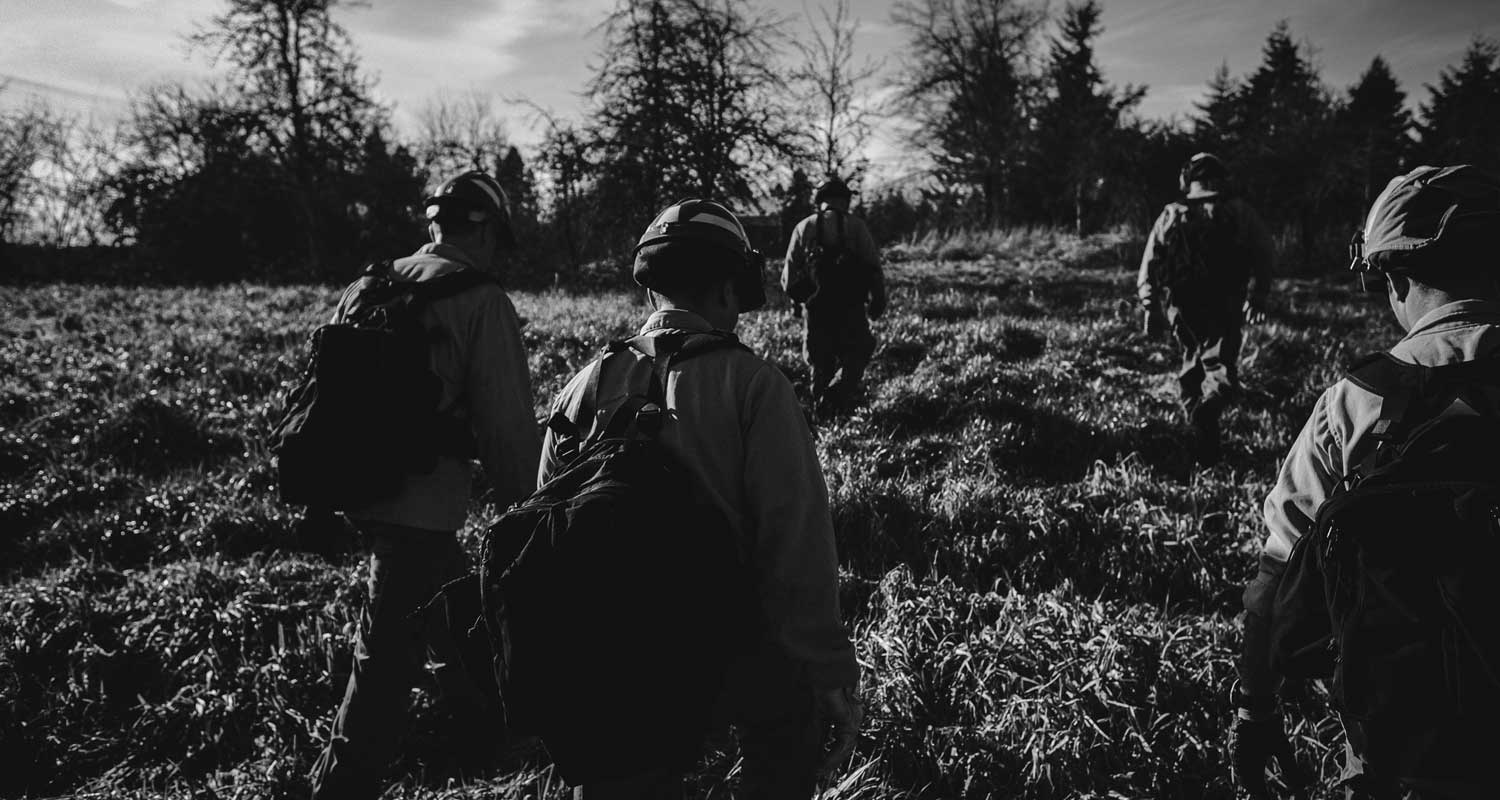VRFA Encourages Homeowners to Prepare for Fires in the Wildland-Urban Interface
Each year, wildland fires consume homes in the wildland-urban interface (WUI), or areas where homes are built near and/or among lands prone to wildland fire. This year, according to a report by the National Interagency Fire Center (NIFC), Western Washington will be more prone to these WUI fires than usual. In fact, the west side saw 51 fires in March alone. In light of these predictions, the VRFA is strongly encouraging Algona, Auburn and Pacific residents to take steps to protect their homes.
Studies show that as many as 80 percent of homes lost to wildland fire may have been saved if brush around the homes were cleared and defensible space created around structures. If you see fire risk areas around your home, there is no better time than now to prepare.
 Wildfire experts have identified three main “ignition zones” around a typical home: the Immediate Zone (0 to 5 feet), Intermediate Zone (5 to 30 feet) and the Extended Zone (30 to 100 feet).
Wildfire experts have identified three main “ignition zones” around a typical home: the Immediate Zone (0 to 5 feet), Intermediate Zone (5 to 30 feet) and the Extended Zone (30 to 100 feet).
In all three zones it is important to maintain vegetation, trim branches that overhang roofs or porches and rake leaves, dead limbs and twigs. In the Immediate Zone consider using noncombustible materials such as crushed stone and gravel.
Other steps you can take to reduce your risk include:
- Clean your gutters and clear off dead leaves, pine needles and anything that can burn from your roof, decks, porches and patios.
- Seal any roof and attic vents that embers could get into using tightly woven wire mesh screening.
- Trim shrubs or tree branches that come closer than five feet to your home.
- Remove “ladder fuels” – smaller shrubs under trees and trim tree branches that are close to the ground.
- Keep your grass trimmed, especially if it is dry.
- Remove any flammable materials from underneath decks and porches.
- Store wood piles away from your home.
- Clear the area around propane tanks and barbecues.
- Store outdoor furniture cushions when not in use.
For more information follow our “WUI Home Project of the Week” campaign on Facebook, Twitter, Instagram, and Nextdoor; contact the VRFA at askthevrfa@vrfa.org or 253-288-5800, or check the Washington State Department of Natural Resources website at www.dnr.wa.gov.
